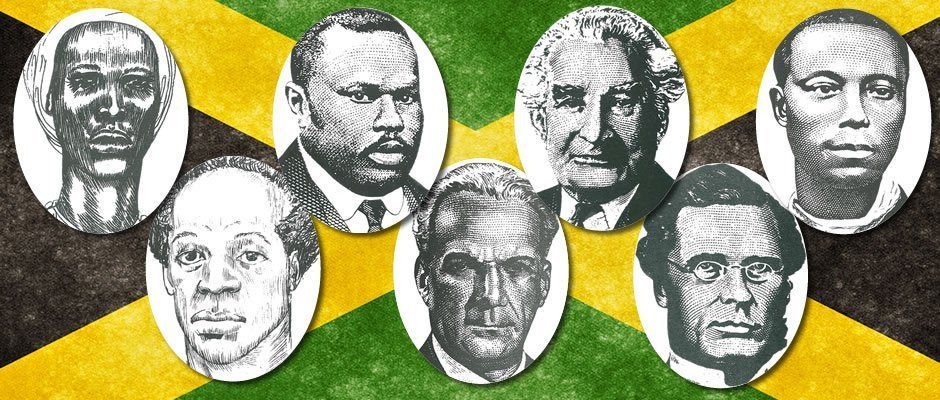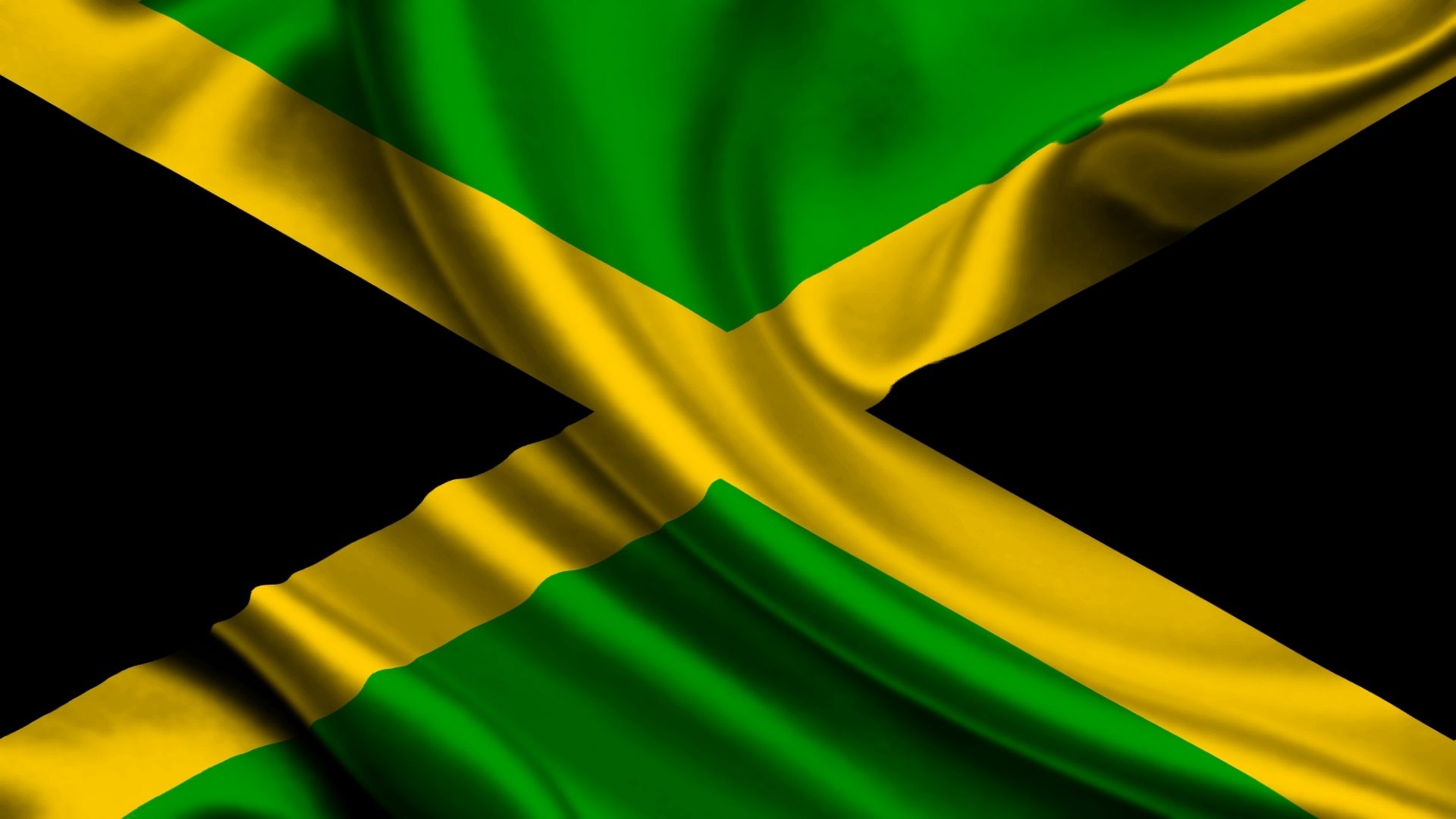National Heroes Day
On the third Monday of October, Jamaicans show their appreciation for seven national heroes. The national heroes are viewed as inspiring symbols of strength! They have made incredibly important contributions to Jamaica’s independence and development and this day aims to remember these amazing heroes.

So, who are Jamaica’s inspirational national heroes?
- Paul Bogle (unknown – 1865): A heroic Jamaican activist. He was a leader of the 1865 Morant Bay protestors who marched for the fair treatment of everyone in Jamaica! They protested injustice and widespread poverty and their contribution to Jamaica today is hugely significant.
- Sir Alexander Bustmante (1884 – 1977): A Jamaican politician and labour leader who became the first prime minister of Jamaica in 1962. Bustamante wrote a series of letters to The Gleaner, a Jamaican newspaper, drawing attention to the social and economic problems faced by the poor and underprivileged in Jamaica.
- Marcus Garvey (1887 – 1940): An advocate of Black Nationalism in Jamaica and in the US. He stood up for the rights of Black people and famously wrote “A people without the knowledge of their past history, origin and culture is like a tree without roots”, highlighting the importance of recognising Black power.
- George William Gordon (1815 – 1865): A generous Jamaican businessman and politician who urged the people to protest the unjust conditions they lived in. He sold his own lands, selling farmland to people as cheap as possible and organised a marketing system where people could sell their produce at a fair price.
- Norman Washington Manley (1893 – 1969): Manley was the forefront of Jamaica’s nationalist movement, where workers protested inequality and fought the authorities in Jamaica and other Caribbean colonies, and became one of Jamaica’s leading lawyers in the 1920s.
- Nanny: Queen Nanny, or Nanny of the Maroons, is an iconic figure in Jamaican history whose legacy has been celebrated in poems, portraits and currency. She was a well-known 18th
century leader of the Jamaican Maroons, a community which escaped slavery. Find out more here.
- Samuel Sharpe (1801 – 1832): The leader of a big slave rebellion in Jamaica in 1832 called the Baptist War. Sharpe said “I would rather die upon yonder gallows than live in slavery”. In 1982, he was rightly declared a national hero for his contribution to ending slavery.
National Heroes’ Day is marked by lots of celebrations, such as concerts, flag-raising or tree-planting ceremonies, traditional music and dancing, agricultural exhibitions and services to remember the seven National Heroes.
Award ceremonies also take place to honour those individuals who have made a significant contribution to Jamaican society each year.
Click here to watch the beautiful park dedicated to these inspirational national heroes.
